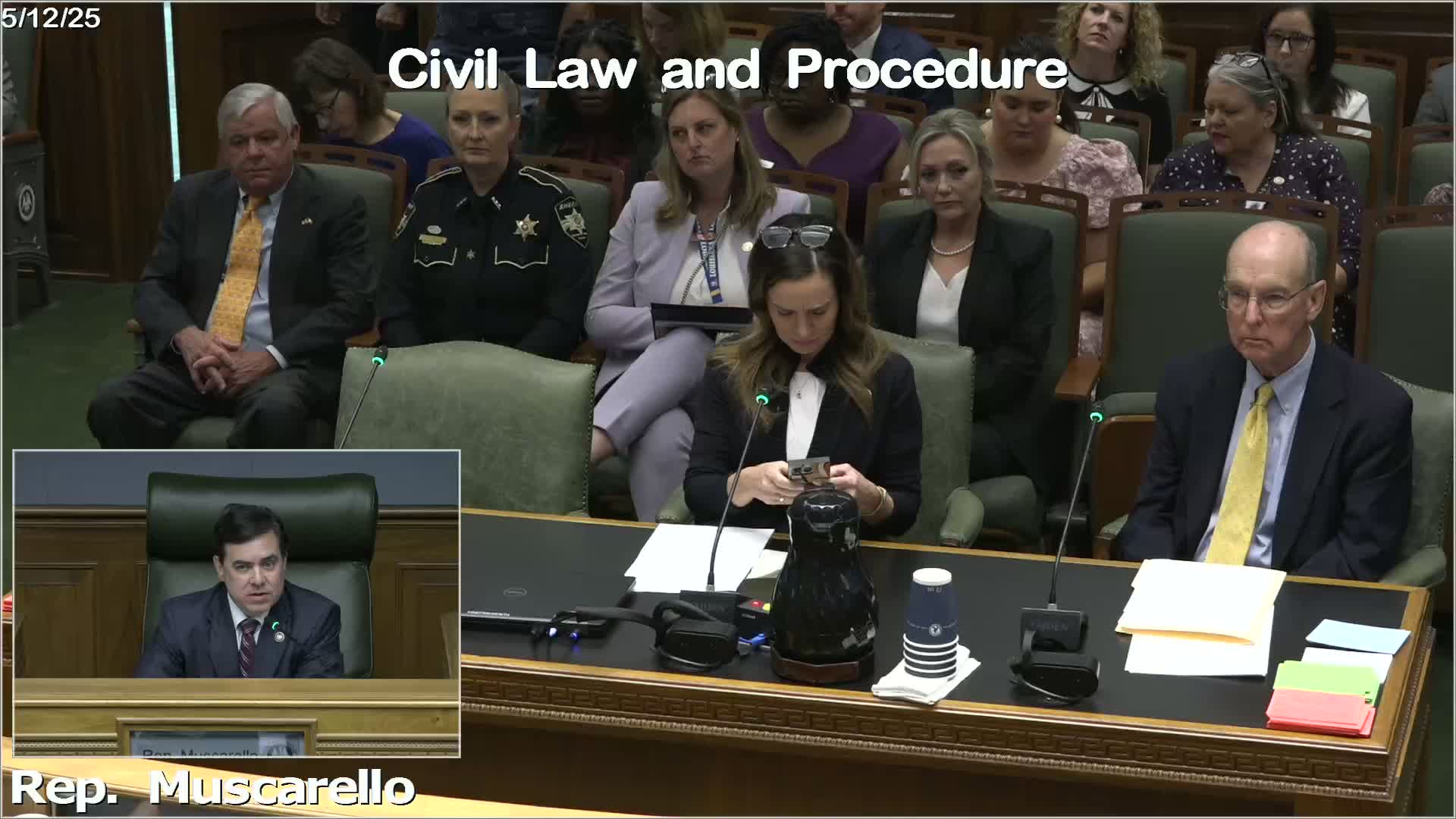Article not found
This article is no longer available. But don't worry—we've gathered other articles that discuss the same topic.
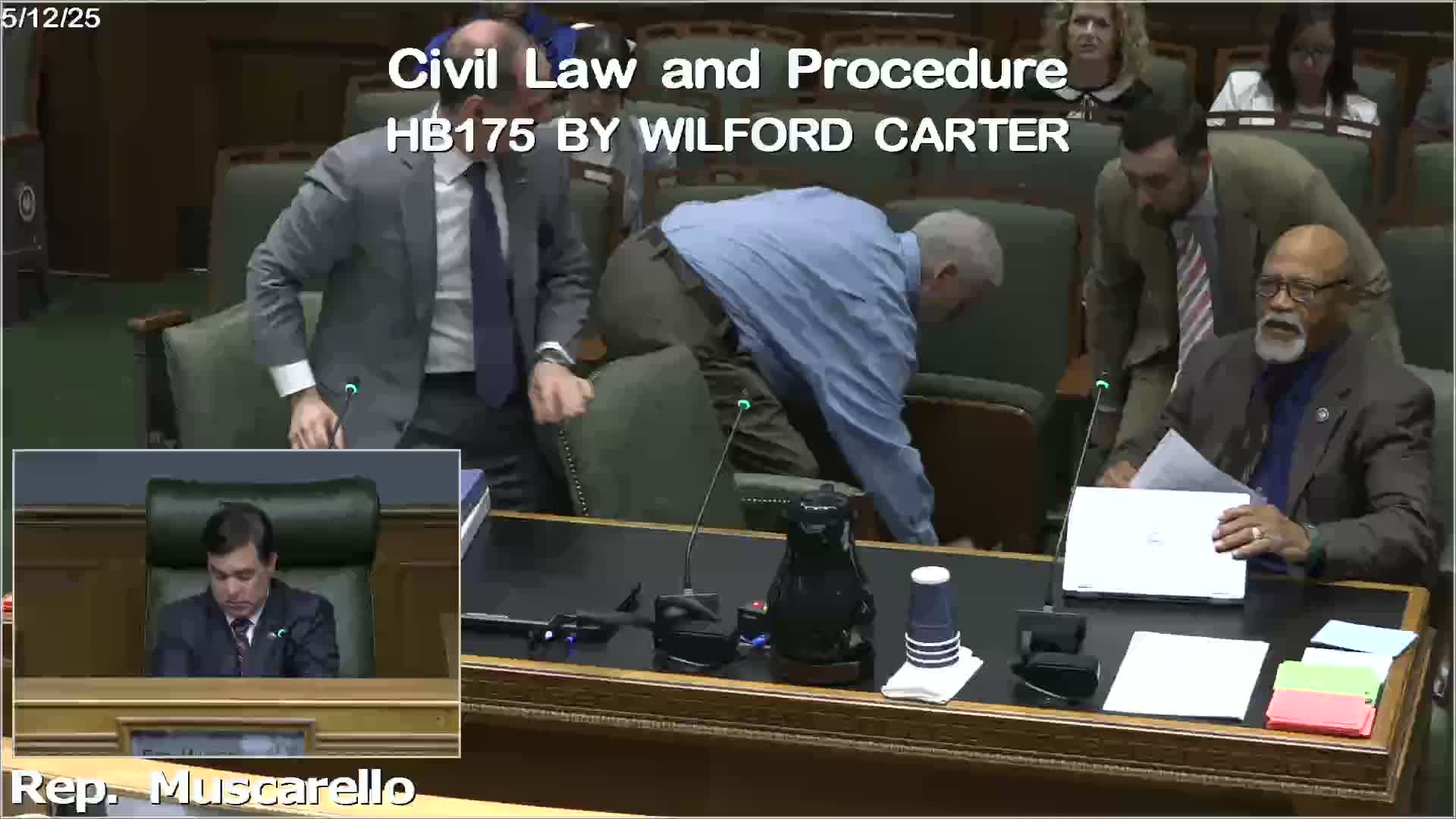
Committee pauses Uniform Partition of Heirs’ Property proposal after extensive testimony; sponsor seeks more stakeholder work
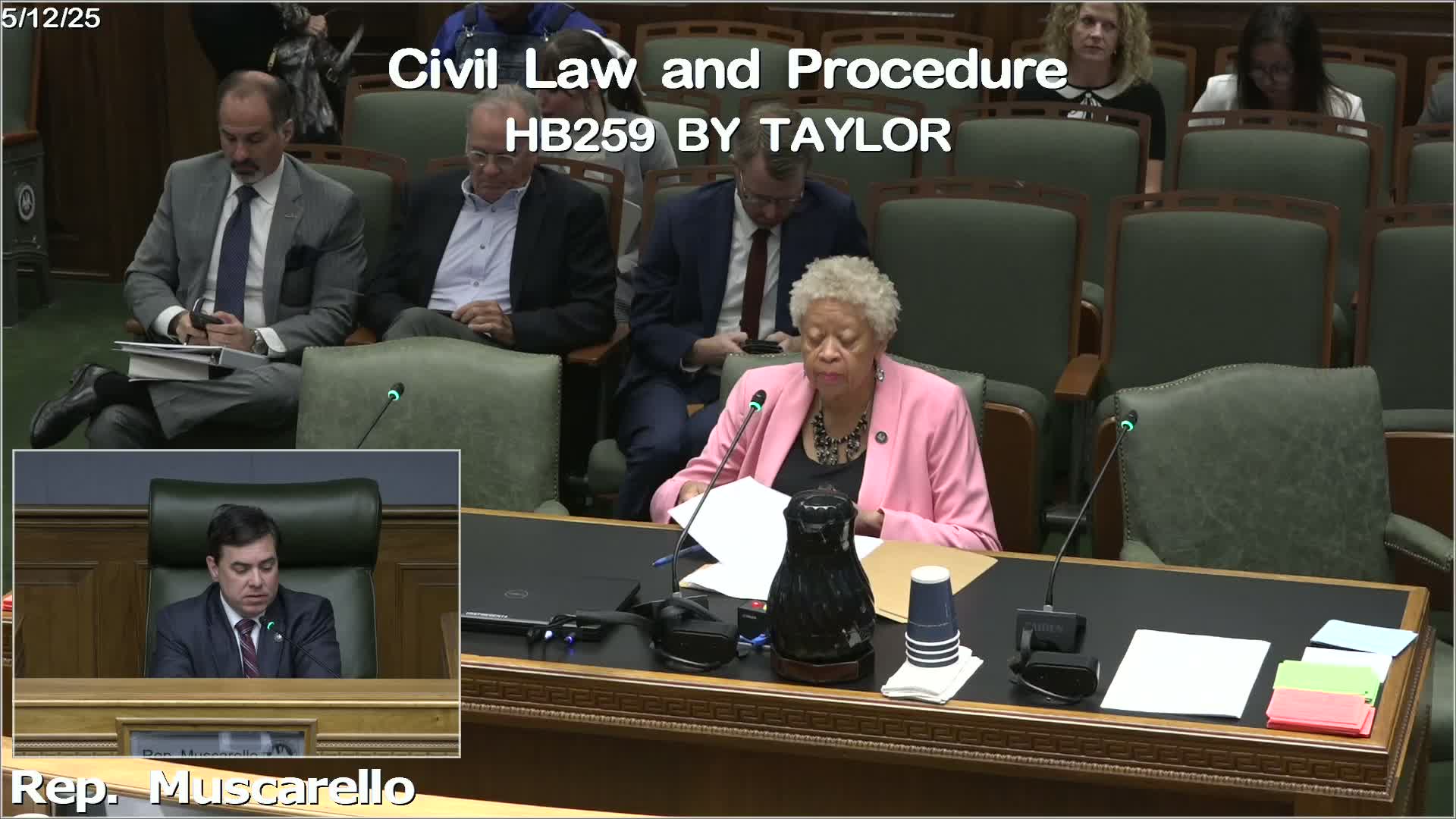
Panel requires non-attorney notaries to carry bonds, raises coverage to $25,000
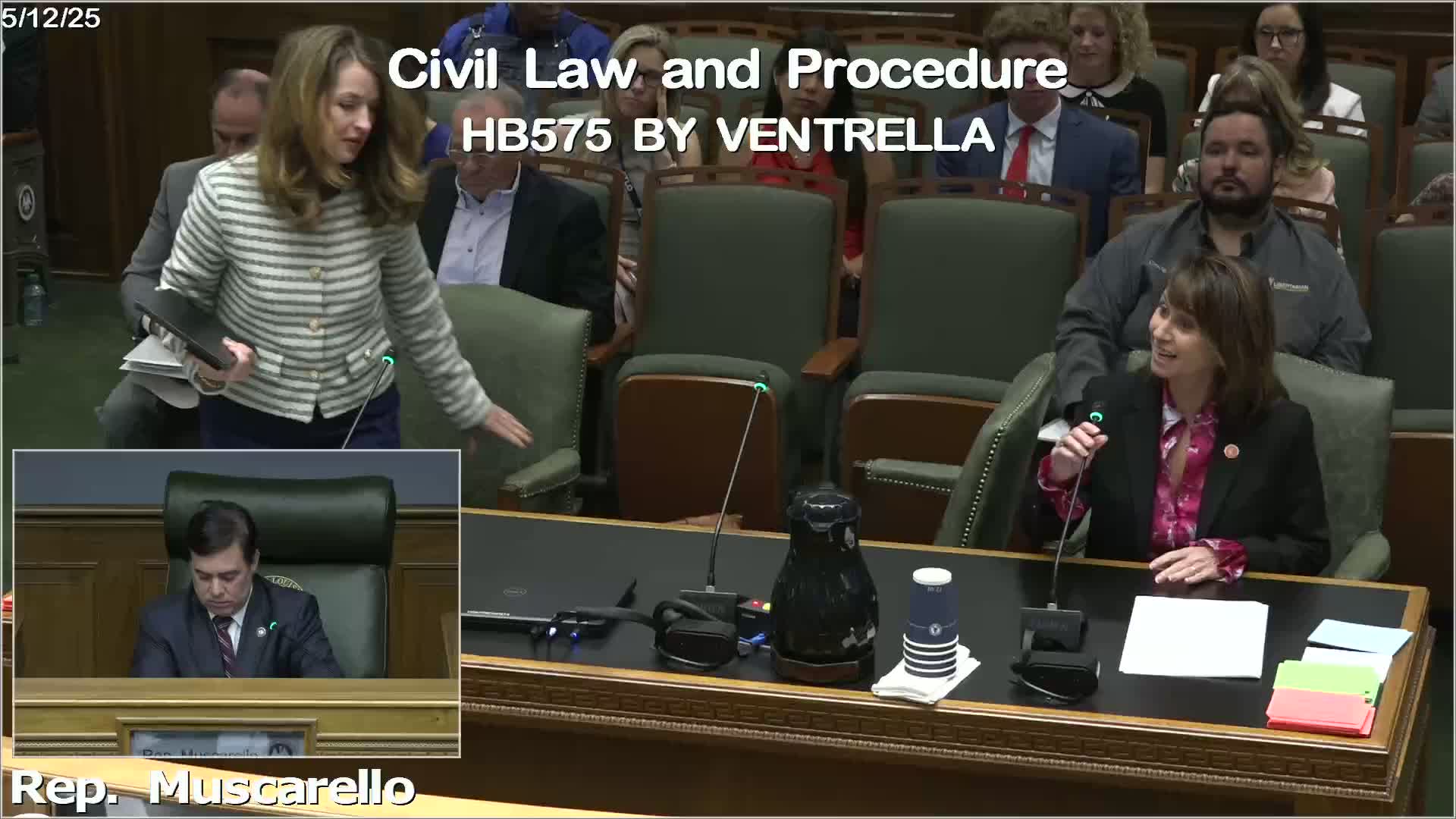
Committee approves civil-liability measure targeting out-of-state suppliers of abortion pills amid contested testimony
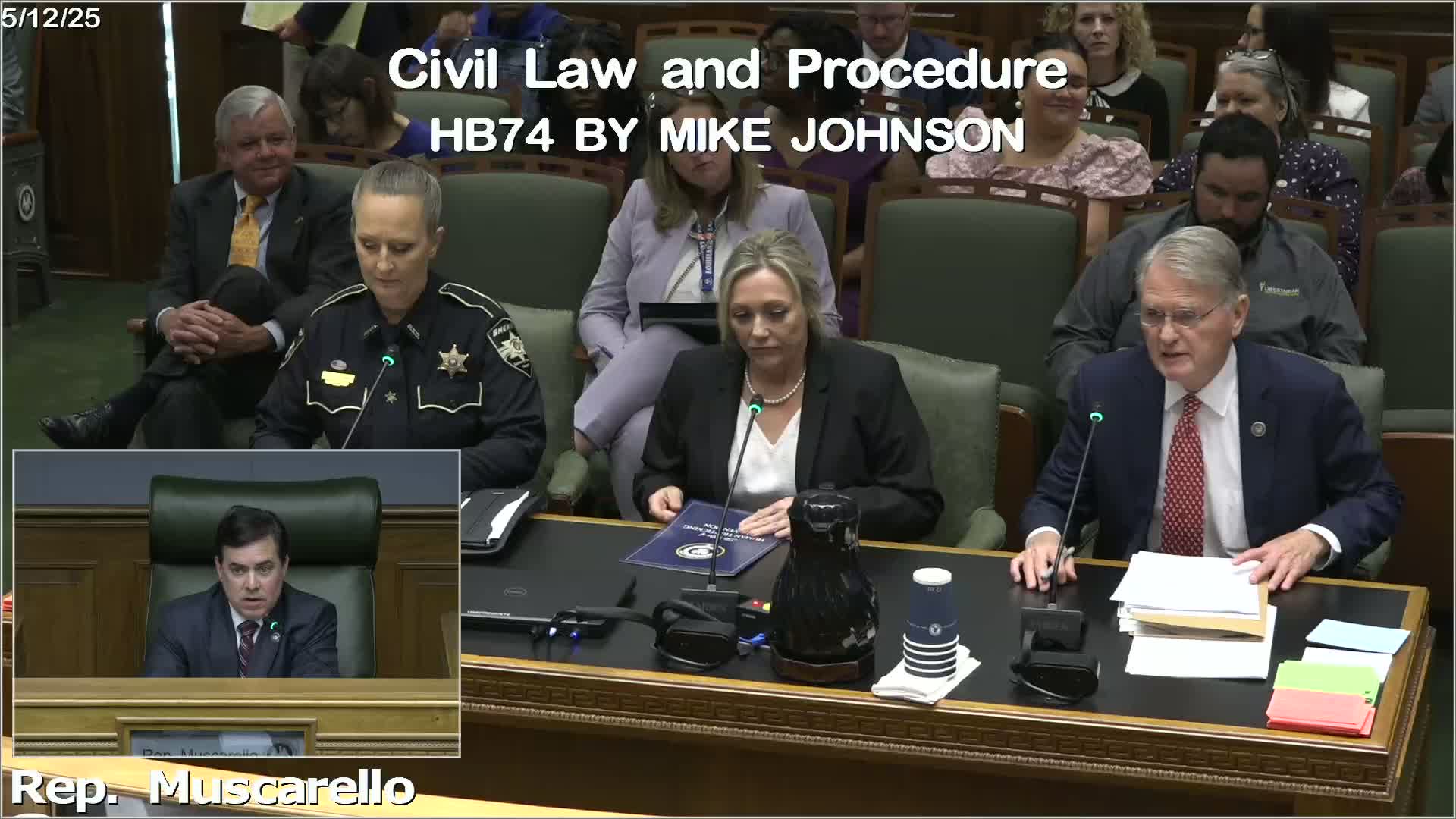
Committee backs bill requiring manufacturers to disable remote vehicle access for domestic violence victims
